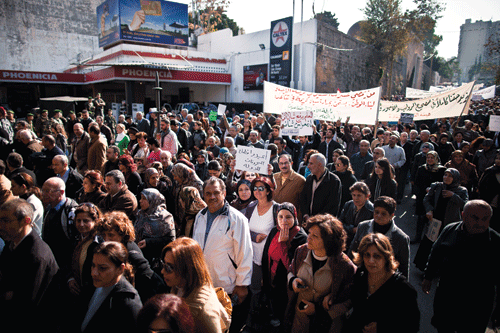Sami Halabi
Sami Halabi is the Director of Policy and Co-founder of Triangle, a development, policy and media consulting firm which specialises in analysing policies and programmes in order to provide evidence-based recommendations to policy-makers and international agencies.

